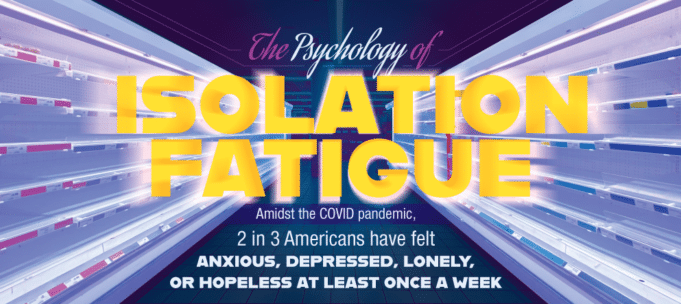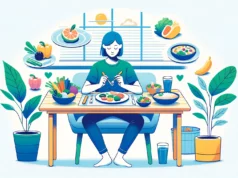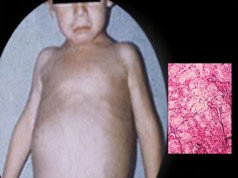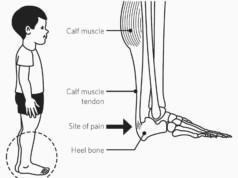Isolation fatigue is an interesting concept in that it is so widespread but so few people know anything about it. As we increasingly social distance, it is inevitable that we will begin to feel isolated.
Over time our brains tire of that isolation and a strange thing happens – they adjust to the new normal, which to us feels as though there’s no longer any danger.
Unfortunately this isn’t true, and this psychology may prove to be the undoing of the global economy and human lives over the coming months. To see this psychology in action, we need only examine the types of things people were panic buying in the early weeks of the pandemic.
People were buying the things they needed, like toilet paper and hand sanitizer, but they were buying it in such alarming quantities the store shelves were barren. Then the reality of isolation set in and everyone began baking bread, so flour and yeast were the next items to fly off store shelves.
Later people began to tire of baking and took up drinking as sales of beverage alcohol soared. Then people began to cut and dye their own hair, and finally the reality of how long this situation might last set in and people began looking for ways to be self-sufficient.
Sales of freezers soared to accommodate stockpiling meat, which was projected to be in short supply soon. People began ordering chickens to raise for eggs and meat and began buying vegetable plants to start their own gardens.
There was also a major run on guns and ammo as some supplies became especially scarce. You can almost see the logical progression of needs in the numbers. People started by feeling helpless then gradually become increasingly empowered to do something about their own situations.
On the psychological side of things, our survival instincts are taking over. We aren’t in terrible imminent danger – yet – but our brains are operating as though we are about to be eaten by a T-Rex.
Unfortunately over time our brains can’t sustain this level of fear so we start to see it as our new normal and adjust accordingly. In order to mitigate the danger and ensure there’s an economy to recover, we need to outsmart our collective psyches.
The single best weapon we have to do this right now is masks. People have been resistant to wearing masks because they protect others instead of the wearer, but universal adoption of mask wearing could provide protection to everyone.
Rather than telling people to wear masks to save other people, it’s important to equate mask wearing with being able to get back on track economically and moving forward with a somewhat normal life.
Masks equal freedom because they allow us to reopen the economy safely. This is a more accurate message than wear a mask to protect others.
If we can convince more people to act for the economy rather than for other people, chances are we will be able to turn the global economic crisis around.
Learn more about the psychology of isolation fatigue from the infographic below.













